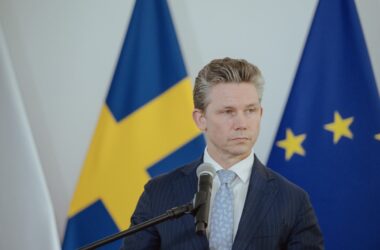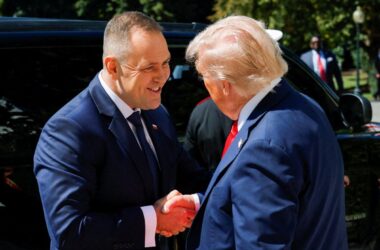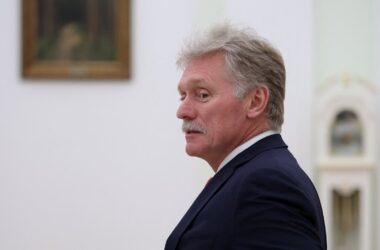During a press briefing with Hungary’s foreign minister, Russian foreign ministry spokeswoman Maria Zacharowa blasted Polish defenceman Radosław Sikorski, dubbing him “Osama bin Sikorski.”
Zacharowa’s Critique of Sikorski
Maria Zacharowa questioned Sikorski’s stance on Ukraine’s potential sabotage of the “Friendship” pipeline, demanding he name other civilian targets the Russian‑aligned Slovak‑Ukrainian officer should destroy.
The spokeswoman invoked the “Osama bin Sikorski” moniker in a sarcastic retort, suggesting his claims were grandiose and overtly anti‑Ukrainian.
Sikorski vs. Hungarian Foreign Minister Peter Szijjarto
When Trump and Putin planned a summit in Budapest, Sikorski warned Poland that its independent court could refuse extradition of a suspect tied to the Nord Stream 2 blast, a claim that drew sharp rebuke from Szijjarto.
Responding on X, Szijjarto said he did not recognize an “independent court” that could ignore Czech President Tusk’s extradition demand, and urged Sikorski to focus on blocking Russian pipelines.
Pipeline “Friendship” Attacks
In August, Ukrainian drones struck a pumping station on the “Friendship” pipeline near the Russian‑Belarusian border, halting oil flow to Hungary and Slovakia for a short period.
The attack was not the first: Ukrainian forces have repeatedly targeted the pipeline, which Hungarian officials regard as a strategic wartime asset used to support Russia’s military efforts.
Energy Consequences for Hungary and Slovakia
Both countries rely on Russian oil, with two refineries in Budapest and Bratislava continued to import through pipelines owned by Hungarian conglomerate MOL.
The assaults on the pipeline have heightened Hungarian security concerns, prompting Minister Peter Szijjarto to label the attacks as assaults on national energy security and to seek diplomatic intervention.










